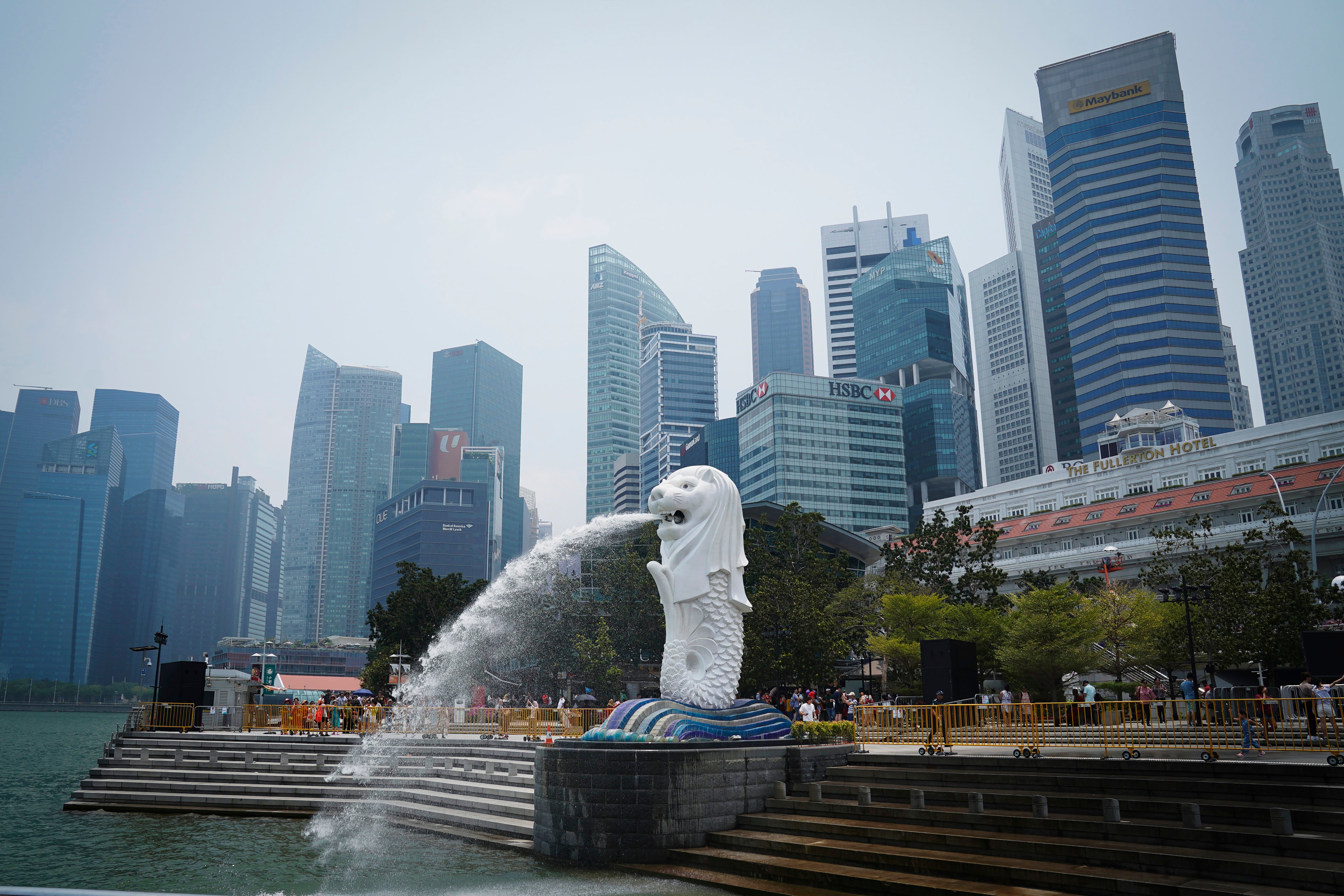Singapore executes third prisoner in 2 weeks for drug trafficking
Singapore has executed a third prisoner in two weeks for drug trafficking, despite calls for the city-state to halt capital punishment for drug-related crimes

Your support helps us to tell the story
From reproductive rights to climate change to Big Tech, The Independent is on the ground when the story is developing. Whether it's investigating the financials of Elon Musk's pro-Trump PAC or producing our latest documentary, 'The A Word', which shines a light on the American women fighting for reproductive rights, we know how important it is to parse out the facts from the messaging.
At such a critical moment in US history, we need reporters on the ground. Your donation allows us to keep sending journalists to speak to both sides of the story.
The Independent is trusted by Americans across the entire political spectrum. And unlike many other quality news outlets, we choose not to lock Americans out of our reporting and analysis with paywalls. We believe quality journalism should be available to everyone, paid for by those who can afford it.
Your support makes all the difference.Singapore hanged a third prisoner in two weeks on Thursday for drug trafficking despite calls for the city-state to halt capital punishment for drug-related crimes.
The Central Narcotics Bureau said Mohamed Shalleh Abdul Latiff, a 39-year-old Singaporean, was executed at Singapore's Changi Prison after being accorded due process under the law. He was sentenced to death for trafficking 54 grams (1.9 ounces) of heroin, an amount “sufficient to feed the addiction of about 640 abusers for a week,” it said in a statement.
Transformative Justice Collective, an anti-death penalty advocate in Singapore, said Shalleh, an ethnic Malay, worked as a delivery driver before his arrest in 2016. He was sentenced in 2019 but his appeal was dismissed last year. The group said Shalleh had maintained in his trial that he believed he was delivering contraband cigarettes for a friend to whom he owed money, and he didn’t verify the contents of the bag as he trusted his friend.
The High Court judge ruled that their ties weren’t close enough to warrant the kind of trust he claimed to have had for his friend. Although the court found he was merely a courier, Shalleh was given the mandatory death penalty because prosecutors didn’t issue him a certificate of having cooperated with them, it said.
Singapore’s laws mandate the death penalty for anyone convicted of trafficking more than 500 grams (17.6 ounces) of cannabis and 15 grams (0.5 ounces) of heroin.
Shalleh was the fifth person to be executed this year, and the 16th executed for drug offences since the city-state resumed hangings in March 2022, after a two-year hiatus due to the COVID-19 pandemic.
Two other citizens were executed last week: Saridewi Djamani, 45, who was the first woman to be hanged in 19 years on Friday, for trafficking about 31 grams (1 ounce) of heroin; and Mohammed Aziz Hussain, 56, hanged two days prior for trafficking around 50 grams (1.75 ounces) of heroin.
Human rights groups, international activists and the United Nations have urged Singapore to halt executions for drug offenses and say there is increasing evidence it is ineffective as a deterrent. Singapore authorities insist capital punishment is important to halting drug demand and supply.
Critics say Singapore’s harsh policy punishes low-level traffickers and couriers, who are typically recruited from marginalized groups with vulnerabilities. They say Singapore is also out of step with the trend of more countries moving away from capital punishment. Neighboring Thailand has legalized cannabis, while Malaysia ended the mandatory death penalty for serious crimes this year.